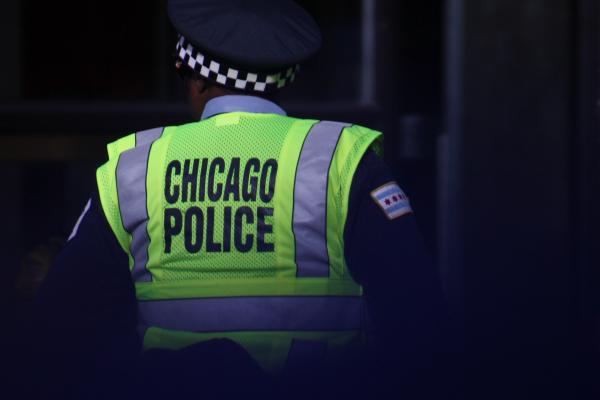New evidence shows that Chicago Police Department engages in unconstitutional force. The Justice Department revealed it has found good reason to believe that CPD officers are in direct violation of the Fourth Amendment of the Constitution by endangering themselves and citizens with their use of deadly force.
The 13-month federal study attributes issues with accountability as the main reason behind unnecessary force. It also claims that systemic deficiencies in training officers for successful de-escalation encourages and increases the chance of unnecessary force.
There were more than 400 force reports and over 170 officer-related shootings in Chicago from January 2011 to April 2016. The department reviewed, investigated, and analyzed these police documents, procedures, and trainings. They also met with city leaders, community organizers, former police officers, rode along with current officers, and heard from more than 1000 community members before making this judgement.
The heavily-publicized, brutal murder of Chicago teen Laquan McDonald in 2015, as well as other uses of unnecessary force toward other black men and women like Alton Sterling, Walter Scott, and Deborah Danner, shed light on police force and brutality issues.
From the Justice Department Report:
"Over the year-plus since release of that video, and while we have been conducting this investigation, Chicago experienced a surge in shootings and homicides. The reasons for this spike are broadly debated and inarguably complex. But on two points there is little debate. First, for decades, certain neighborhoods on Chicago’s South and West Sides have been disproportionately ravaged by gun violence. Those same neighborhoods have borne the brunt of the recent surge of violence. And second, for Chicago to find solutions—short- and long-term— for making those neighborhoods safe, it is imperative that the City rebuild trust between CPD and the people it serves, particularly in these communities."
Solutions to these issues of force could come in the form of a clearer understanding of effective community policing and its effects on the community. A full picture of what it means to support the well being of police officers is also necessary for combating this problem.
Read the full report here.
Got something to say about what you're reading? We value your feedback!
